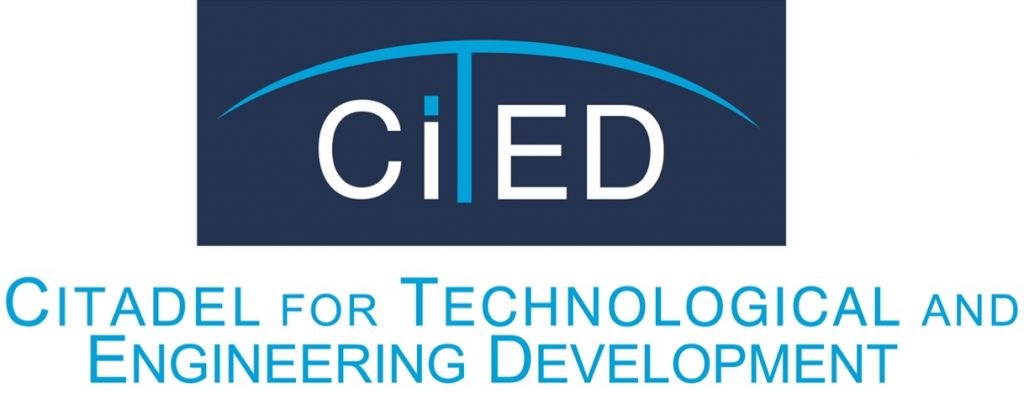This intensive 3-day training program delves into the advanced intricacies of industrial electronics, equipping participants with the knowledge and skills required to develop, install, test, maintain, and repair electrical and electronic systems crucial in industrial and commercial settings.

Introduction:
This intensive 3-day training program delves into the advanced intricacies of industrial electronics, equipping participants with the knowledge and skills required to develop, install, test, maintain, and repair electrical and electronic systems crucial in industrial and commercial settings.
Objectives:
By the end of this comprehensive program, participants will be able to:
- Demonstrate a strong understanding of advanced electronic principles, components, and circuits.
- Apply their knowledge to the development and installation of complex industrial electronic systems.
- Conduct proficient testing procedures to diagnose and troubleshoot malfunctions.
- Implement effective maintenance practices to ensure optimal system performance and longevity.
- Perform safe and efficient repairs on various industrial electronic equipment.
Content:
Day 1: Advanced Electronic Principles and Systems
- Review of fundamental electronic concepts: voltage, current, resistance, power, and Ohm’s Law.
- In-depth exploration of advanced topics: semiconductors, diodes, transistors, integrated circuits, and operational amplifiers.
- Understanding of digital electronics: logic gates, flip-flops, and digital communication protocols.
- Introduction to industrial control systems: PLCs, SCADA, and HMI.
Day 2: Installation, Testing, and Troubleshooting
- Installation techniques for industrial electronic equipment, adhering to safety regulations and industry standards.
- Testing procedures to verify functionality and identify potential issues: multimeters, oscilloscopes, and specialized testing equipment.
- Advanced troubleshooting methodologies: isolating faults, systematic analysis, and corrective actions.
Day 3: Maintenance and Repair
- Preventive maintenance practices for maximizing equipment lifespan and minimizing downtime.
- Repair techniques for common issues in industrial electronics: troubleshooting power supplies, motor drives, sensors, and controllers.
- Soldering and desoldering techniques for safe and reliable component replacement.
Conclusion:
This immersive training program provides a comprehensive understanding and practical hands-on experience with advanced industrial electronics. Participants gain the necessary skills to effectively contribute to the development, installation, testing, maintenance, and repair of critical electrical and electronic systems in industrial and commercial environments.

